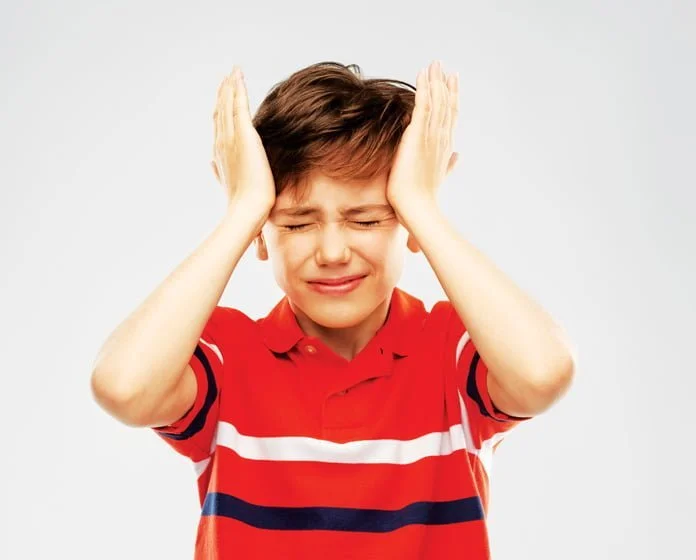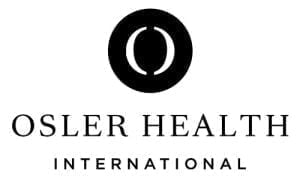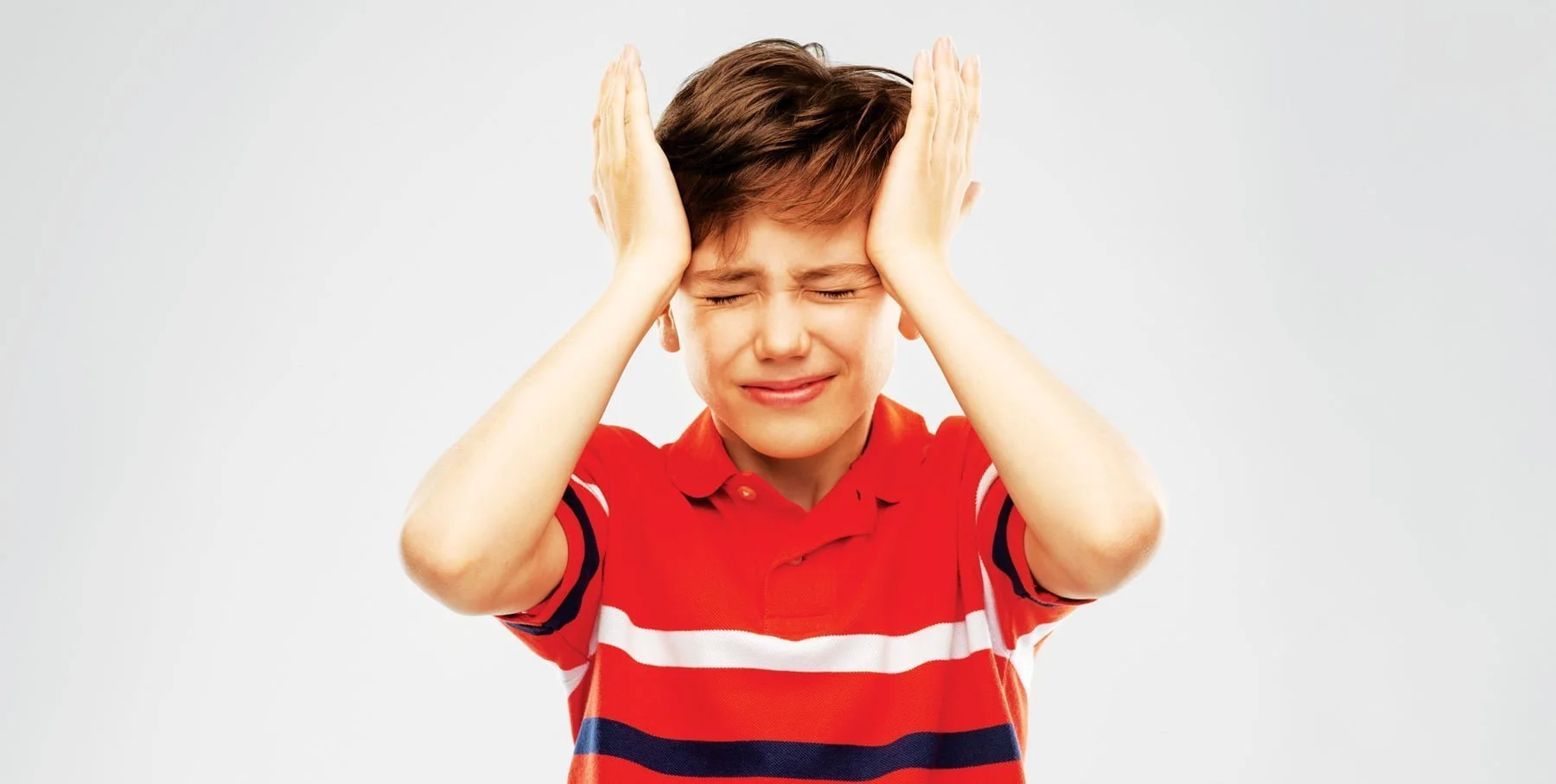- Sponsored Content
 I watch most of my son’s rugby matches trying to hide my internal wincing every time I see a big tackle coming. I find myself willing him to run faster to safety rather than to glory. My son loves the game and, considering the benefits that come from team sports, I’m happy for him to play.
I watch most of my son’s rugby matches trying to hide my internal wincing every time I see a big tackle coming. I find myself willing him to run faster to safety rather than to glory. My son loves the game and, considering the benefits that come from team sports, I’m happy for him to play.But one thing I am adamant on is strictly no playing if there’s even a hint of a concussion. Even if the next game is the final, or the star player is injured and the team needs him, or he doesn’t want to appear ‘weak’ to his friends. Not allowing the brain time to recover before potentially suffering another head blow can be very dangerous indeed.
Spot a concussion
To stop children playing with a concussion, you have to be able to tell when they have one. That may sound easy enough: if the child has had a major blow to the head, has lost consciousness, or is clearly very disorientated and they need to go to hospital for imaging of their head and spine. It’s when the head injury is milder and the symptoms are more subtle that the diagnosis is more difficult, especially if they’re older and tempted to downplay their symptoms to get back on the pitch! Essentially, if they don’t seem themselves, however muted, and they have a history of a head injury, get them seen by a medical professional.
Symptoms to monitor:
- Headache
- Dizziness
- Incoordination
- Loss of balance
- Nausea and vomiting
- Sensitivity to light or sound
- Feeling mentally foggy or slow
- Disorientation
- Difficulty concentrating or remembering
- Word finding difficulty
- Fatigue
- Irritability
- Sadness
- Inappropriate emotions
- Nervousness
- Behavioural changes
- Difficulty sleeping or sleeping excessively
What to do
- Don’t let your child play on, and prevent them from partaking in other activities that may lead to another head injury e.g. skateboarding, trampolining, etc.
- Let them rest but not for too long; 24 – 48 hours is ideal, after which introducing a programme of exercise that gradually increases in intensity (to a level that doesn’t make their symptoms worse) is recommended.
- They may also need a period of rest from activities that require their focus and concentration. For example, reading, computer games, prolonged screen time, and even schoolwork may bring on symptoms in some children.
- Take your child to see their doctor for a proper assessment and advice regarding diagnosis, symptom management, and advice on returning to school and sports. They may need a few visits so the doctor can properly assess their progress.
- If they’re serious athletes in a contact sport, consider asking their doctor to do some baseline tests of their memory, cognition, and balance at their next routine check-up. Determining a baseline might make it easier to spot – or rule out – any symptoms of a mild concussion in the future.
 Dr Natalie Hutchins is a British GP based at the Osler Health Star Vista clinic. Tel: 6339 2727.
Dr Natalie Hutchins is a British GP based at the Osler Health Star Vista clinic. Tel: 6339 2727.
 For more information
For more information
Visit our website or make an appointment to learn how we can help you to take control of your own health and wellbeing.
osler-health.com








